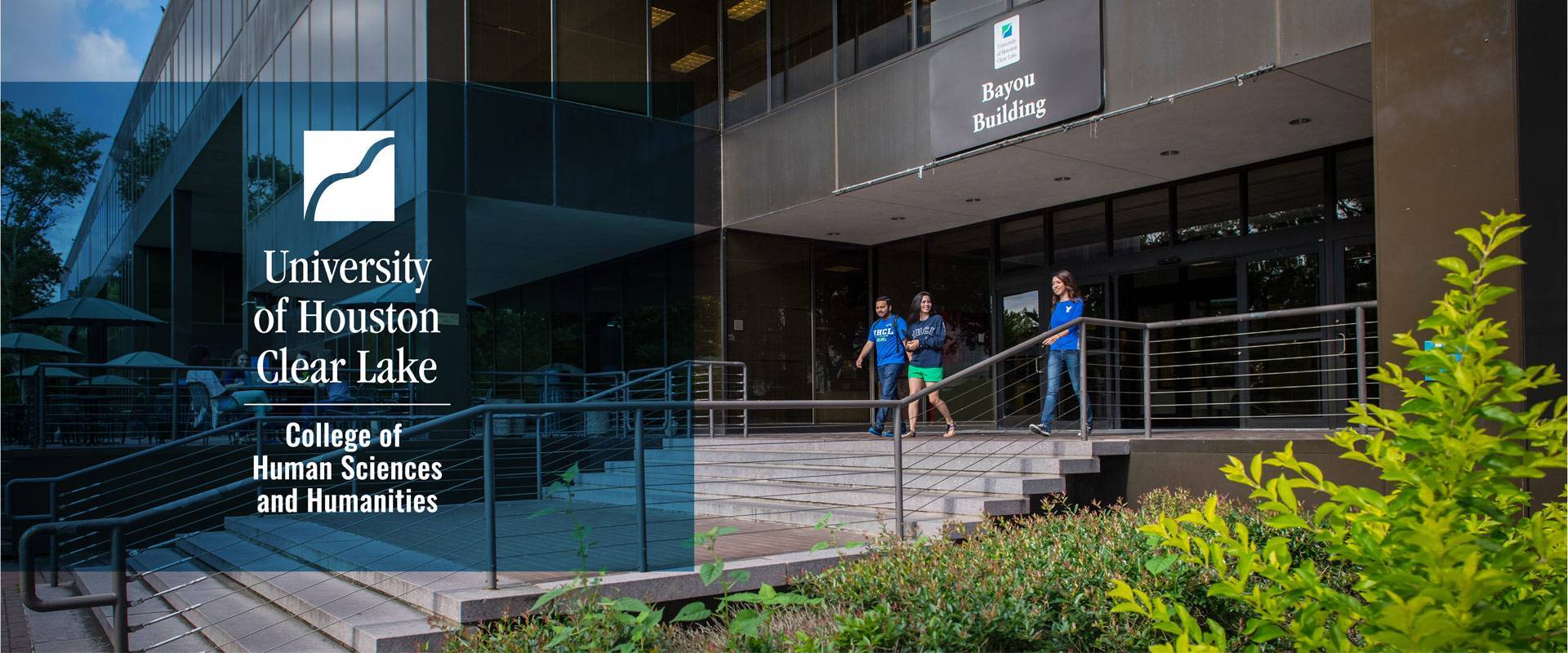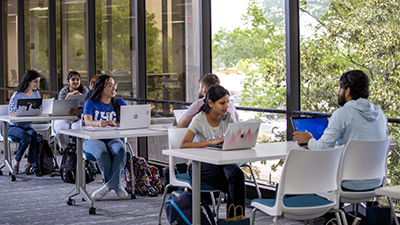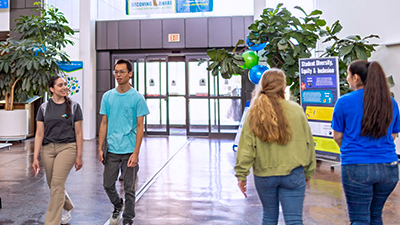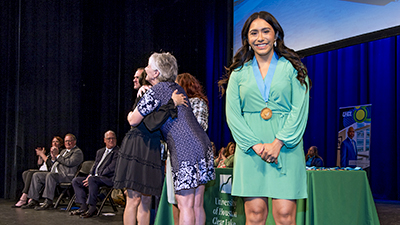CANCELED - Sutter Symposium keynote speaker focuses on youth suicide prevention

University of Houston-Clear Lake’s Psychological Services Clinic is presenting the 30th annual Emily G. Sutter Symposium for Mental and Behavioral Health on Friday, April 3, 7:30 a.m. -- 6 p.m. The symposium, to be keynoted by Maureen Underwood, a licensed clinical social worker and nationally recognized expert on youth suicide prevention, will take place in the university’s Bayou Theater.
Director of Psychological Services and Clinical Assistant Professor of Psychology Cynthya Campbell Palmer said that suicide was the most devastating result of mental illness and especially among youth, its incidence is on the rise. “We are finding instances of youth suicide across all socio-economic groups and across all racial and ethnic backgrounds,” she said. “We would like our keynote speaker to focus on this extremely important topic in order to help the community with much-needed prevention strategies.”
Underwood is the co-developer of Lifelines: A Suicide Prevention Program. The program is recognized as a best practice model by the Suicide Prevention Resource Center, which is the only federally supported resource center devoted to advancing the implementation of the National Strategy for Suicide Prevention.
“There is still such a terrible stigma around the topic of suicide,” Underwood said. “I’d like to give people permission to talk about it because suicide is one of those words that cause people to feel threatened in a conversation. That’s why we don’t talk about suicide; we talk about people being safe with themselves. If you reframe the language that way, it’s much easier to talk about it.”
At the core of Underwood’s Lifelines program is creating competent communities. “Clinicians need to know what to do to manage a suicide crisis, and that goes beyond just recognizing depression,” she said. “There are very few courses for graduate students about suicide. Creating competence with clinicians helps to create competent communities. That means, everyone in a person’s life cares about the welfare of everyone in the community, and wants everyone to know where and how to get help if they need it. That is how you create community competence.”
Community competence helps everyone understand suicide in the same way and how to access resources to combat the sense of helplessness when it comes time to do or say something. “This gives people the strategies to use to undercut that helplessness. You’re in a better position to help, so you do. You’re not immobilized in the face of someone in a suicide crisis,” she said.
Underwood added that one of her missions, as she travels around the country teaching workshops and giving presentations, is to get communities to pay more attention to the mental health needs of children. “It’s deplorable on a national level,” she said. “There’s lots of money funneled into helping identify suicide risk in kids, but it’s very hard to find one who will deal with kids who are suicidal. There’s a lack of training for mental health practitioners who can see kids for this problem.”
She said that if we could do a better job of educating clinical staff and the general public, maybe it would be possible to make an impact. “At the end of the day, it’s my ultimate belief in prevention that has kept me in this line of work,” she said. “If there are more clinicians who are trained to talk to people who think things are so unbearable that death is the only answer, then we have to incorporate the family, the school and the community and put together a system approach. Then we have a better chance for prevention.”
The Sutter Symposium has maintained a decades-long annual tradition of top quality speakers presenting on the most current issues in the field.
Read more about the Sutter Symposium and register for the event online.







